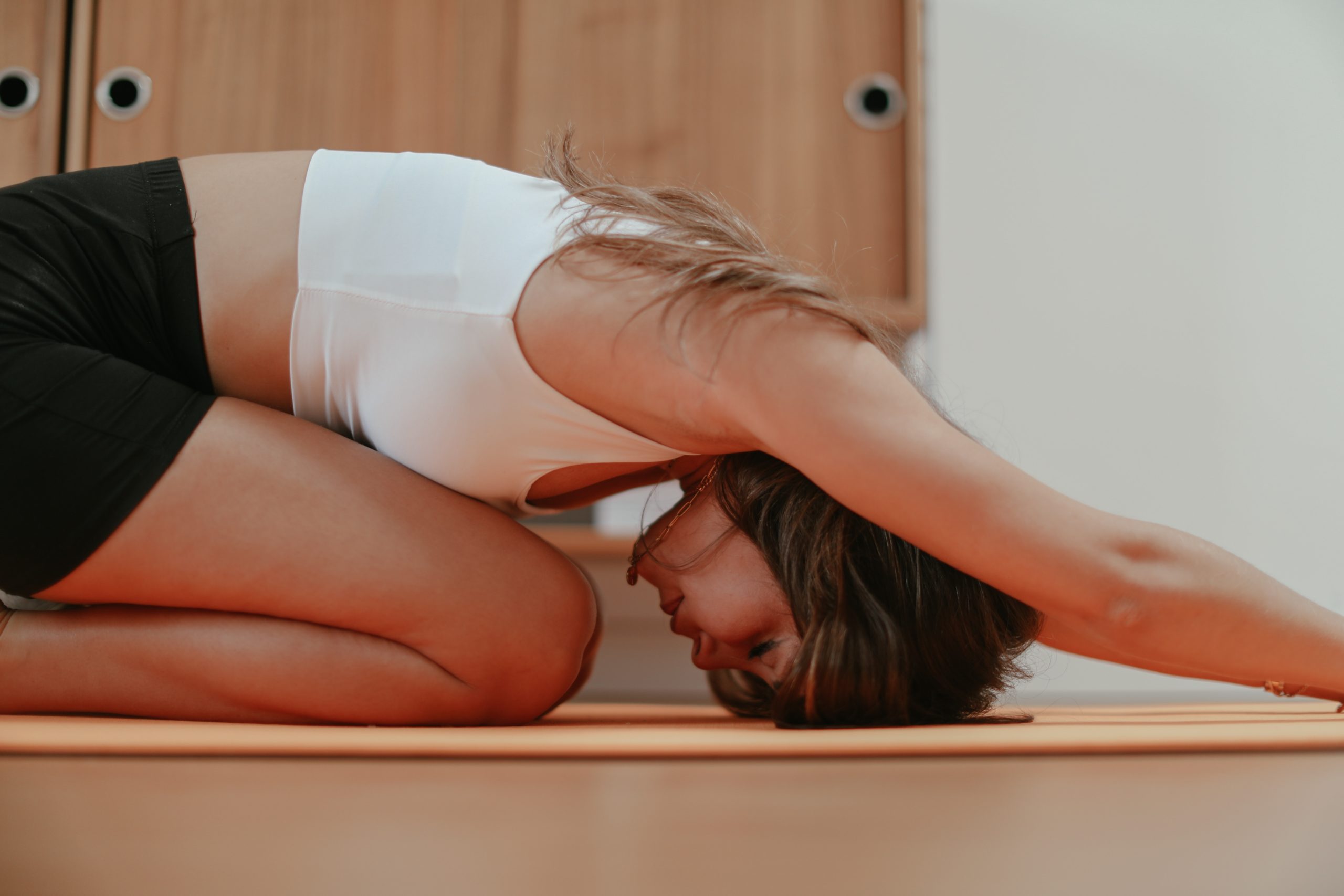The time before and during your monthly cycle can bring up unexpected and sometimes unwanted emotions – a phenomenon often attributed to PMS. Also know as PMT, short for ‘Pre Menstrual Tension’, the ‘T’ certainly embodies how many women feel at this time of the month.
Alongside the irritability and low mood that can often arise, an increasing number of women also report higher than normal levels of anxiety specifically before their period – a side-effect that’s much lesser known and discussed compared with the cramps, bloating and cravings that often characterize the onset of your monthly cycle.
It’s not all in your head – PMS can cause anxiety
Although the list of PMS symptoms often tends to focus most on the physical – with anger and irritability listed as the most common emotional effects, PMS-related anxiety is absolutely real. Anxiety can take many forms and means different things to different people – but some of the most common symptoms include excessive worrying, feeling nervous and ‘on edge’ and general tension which may even manifest physically in the body in the form of clenched jaw, teeth grinding and muscle tensing.
 Why does this happen?
Why does this happen?
PMS is the collective term for symptoms women experience during the luteal phase of their cycle – when ovulation begins and ends before a bleed. During this time a number of mood changes can occur, due to alternating hormone levels in the body. Both estrogen and progesterone rise and fall dramatically during the luteal phase, which in turn impacts upon the synthesis of dopamine and serotonin in the brain. These ‘happy hormones’ support mood regulation, so without a steady balance psychological symptoms can occur which mimic anxiety and depression. This is also why mood swings are not uncommon – when hormone levels peak and dip, so do the connections with neurotransmitters in the brain.
Relief from anxiety caused by PMS
Anxiety relief looks different for everyone – but there are some things you can try which can help in managing and reducing the instances of PMS-induced anxiety. These include:
Gentle exercise: Aerobic exercise in particular during the luteal phase can support with many PMS symptoms. Studies show that women who engage in regular exercise throughout the month experienced reduced symptoms of PMS compared with those who don’t. Exercise increases the levels of dopamine in the body which has a dually positive impact, soothing mood swings and easing painful cramps. A walk in nature can also help boost those happy hormones – especially if the sun is shining.
Eating well: Diet can play a huge role in the severity of PMS symptoms, especially if you suffer with a hormonal imbalance such as PCOS. Eat complex carbohydrates and plenty of protein, fruits and vegetables to keep blood sugar stable and satisfy any cravings.
 Prioritizing sleep: When we don’t sleep well our emotional and mental health can suffer. Sufficient, good quality sleep is important at all times, but especially around your period.
Prioritizing sleep: When we don’t sleep well our emotional and mental health can suffer. Sufficient, good quality sleep is important at all times, but especially around your period.
Relaxation techniques: Utilizing proven relaxation techniques around the onset of your period can help to deal with added stress and anxiety. This could include yoga, meditation, breathwork or journaling.
Supplementary support: Certain vitamins can help with the impact of this pre-menstrual fluctuation in hormone levels. These include calcium and vitamin B6. Herbal remedies such as ashwagandha and Rhodiola may also help – but it’s best to seek professional support rather than self-prescribing.
Need extra support? Soothe and calm with Sleep Savior.






